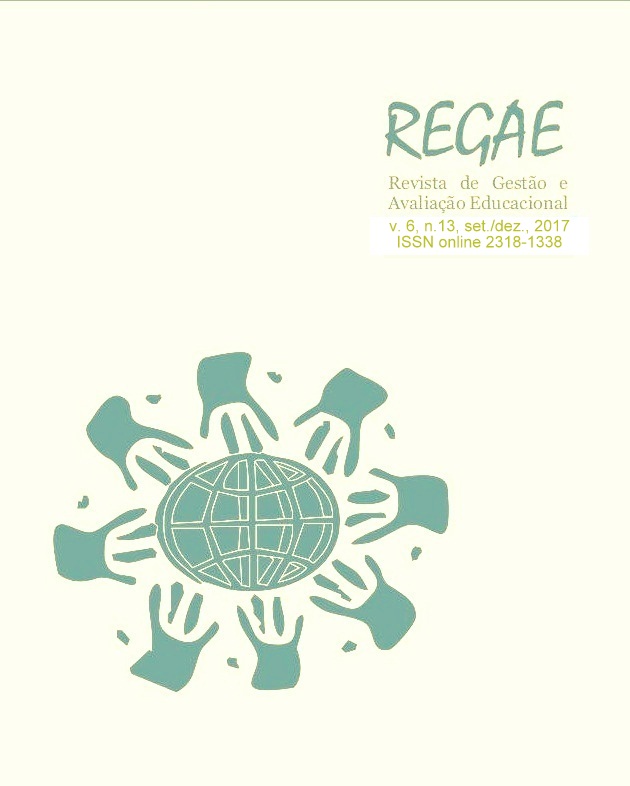Formative assessment on education: a step to the sucess
DOI:
https://doi.org/10.5902/2318133823138Abstract
The act of evaluating can determine the current state of teacher’s knowledge, which it will be useful in teaching organization. Therefore, this research aims to understand about the formative assessment, through a bibliographic research, in which was collected references about the legal issues and the formative assessment, regarding its function, frequency, implementation, evaluation criteria and scoring methods. The formative assessment presents as a tool to allow the teacher to appropriate of knowledge that allows the fundamental goals of education, which is the formation of a competent citizen.
Key-words: quality, education, evaluation, formative assessment.
Downloads
References
ESTEBAN, Maria Teresa et al. Avaliação: uma prática em busca de novos sentidos. Rio de Janeiro: DP&A, 2003.
HOFFMANN, Jussara. Avaliar para promover: as setas do caminho. Porto Alegre: Mediação, 2010.
LUCKESI, Cipriano Carlos. Avaliação da aprendizagem escolar: estudo e proposições. São Paulo: Cortez, 2013.
MORALES, Pedro. Avaliação escolar. São Paulo: Loyola, 2003.
PAULO, Freire. Educação e mudança. Rio de Janeiro: Paz e Terra, 2013.
Downloads
Published
How to Cite
Issue
Section
License
Authors keep copyright and concede to the magazine the right of first publication, with the work simultaneously licensed under the Creative Commons Attribution 4.0 International, non-commercial license with no derivative work, which allows to share the work with no author recognition and initial publication in this magazine.
Authors has authorization to overtake additional contracts separately, to distribute a non-exclusive version of the work published in this magazine: For example: to publish in an institutional repository or as a chapter of a book, with authorial recognition and initial publication in this magazine.
Authors are allowed and are encouraged to publish and distribute their work online. For example: in institutional repositories or in their own personal page – at any point before or during the editorial process, because this can result in productive changes, as well as increase the impact and the mention to the published work.






